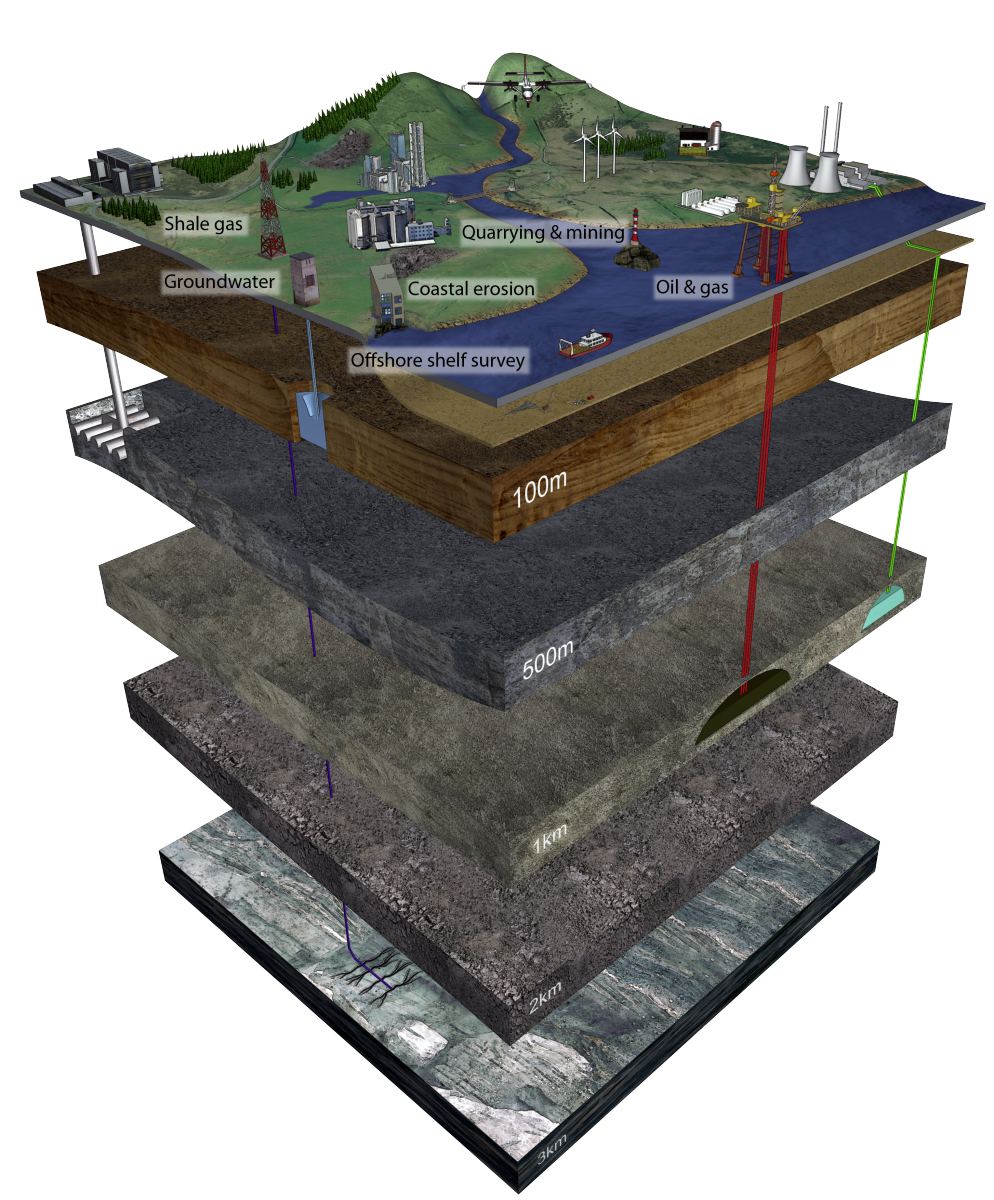As part of its 2030 Climate Target Plan, presented in September 2020, the European Commission has proposed a target of a 55% reduction of greenhouse gas emissions by 2030, compared to 1990 levels.

According to EU leaders, the Climate Target Plan will set the European Union (EU) on the right path to achieve climate neutrality by 2050. Achieving an economy with net-zero greenhouse gas emissions is at the heart of the European Green Deal, proposed in March 2020, and represents an opportunity and a challenge to various societal sectors.
The 2050 long-term plan for climate neutrality highlights some of the key priorities for the EU global climate action.
Promoting sustainable land use and agriculture will be crucial to generate natural carbon sinks that, combined with carbon capture and storage mechanisms, will help to compensate for remaining greenhouse gas emissions in the economy. The decarbonisation of energy supplies in Europe, the investment in more clean and efficient transports and infrastructures and the modernisation of the industry are also vital actions in the roadmap to climate neutrality in 2050.
Geology is key to understanding how we can use these subsurface technologies to the full without damaging the environment, peoples’ property or health. In a densely populated continent such as Europe, this means that high levels of subsurface management and environmental security assurance are needed to realise energy potential.
Weighing up these pros and cons in order to make the right decision is vital. Take for example the highly controversial extraction of shale gas through fracking. The environmental impact is a major concern for many with huge amounts of water required and the worry that potentially carcinogenic chemicals can escape and contaminate groundwater. Despite this, it is generally agreed that if fracking were to displace coal Europe-wide, significant greenhouse gases savings would be made as has been seen in the US.
Secure and sustainable societies depend on the science base to assess the genesis, extent and conservation of natural resources in order to exploit them and discover new sources without detriment to our environment. Developing energy resources and managing waste safely and responsibly will require multidisciplinary data, facilities and information. Prior to the exploitation of various sub-surface and surface-based energy-producing systems, it is essential to establish a baseline representing the natural level.
EPOS will simplify and streamline access to multidisciplinary data, products and services for solid Earth sciences. Easy-to-find data and data products, as well as tools for visualization, processing and analysis, will provide scientists and decision-makers with the right data and information to help them make well-informed decisions on geo-resource management so that new sources of energy can be found and explored.